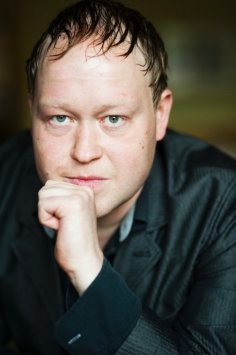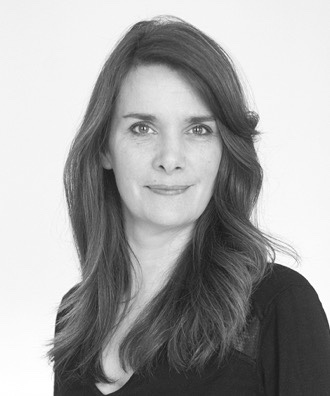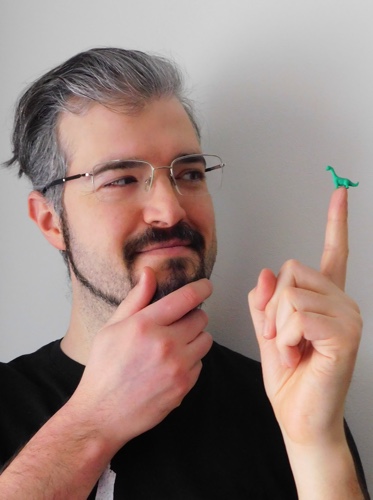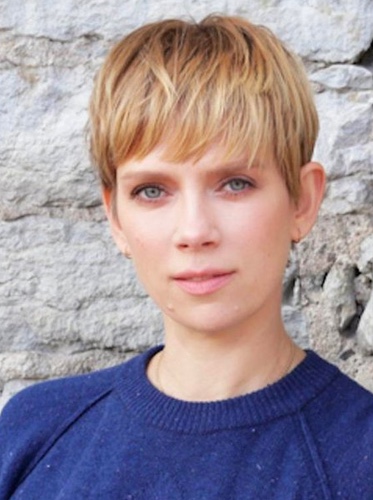TARTU SUMMER SCHOOL OF SEMIOTICS 2023
“COMING SOON”
24–27 August 2023, University of Tartu, Estonia.
What – and how – do we know and acquire knowledge about the future? What is the link between the past, present, and future? Furthermore, what does the capacity of future-making depend on? The aforementioned are some of the guiding questions through which we aim to shed light on and better comprehend the processes of creation, circulation, and choices of models of the future.
Knowledge about the future states of the world is always semiotically mediated. Omens, prophecies, utopias, prognoses, predictions, visions, plans – these are just some of the means we use to get a tentative glance at what is coming or as a direction for moving towards the desired future. Moreover, the future itself can be conceived and conceptualised in different ways: as something that can be predicted or as a forking pathway with endless possibilities. Times of rapid change call for a better understanding of what the future holds – as a concept, temporal dimension, a body of narratives, as something that arrives or something that is forged.
Materials
Programme of Tartu Summer School of Semiotics 2023 “Coming Soon” (PDF)
Confirmed plenary speakers:
Jaak Tomberg
a literary scholar, a co-professor of Contemporary Literature at the University of Tartu who is interested in the philosophy of literature, science fiction, utopia and utopian thought. His new book, entitled How to Fulfil a Wish (Kuidas täita soovi, 2023), is about the fate and status of utopian imagination in a modern culture whose technological saturation has brought about a decisive proximity between realism and science fiction.
Alexandra Robert
a designer and expert in the application of semiotics to marketing and brands. She was art director and communication manager for major brands for more than 18 years before undertaking a Masters in Semiotics at Université Paris Cité and beginning her consulting career in 2013. She advises and manages transition and speculative design projects for companies and organizations and is particularly involved in social and environmental innovation projects in France. Since 2019, she has contributed to the experimentation of co-design methods and workshop tools in collaboration with private and academic partners with a specific focus on the place of narratives in the collective action.
Mattia Thibault
a semiotician and an Assistant Professor (Tenure Track) in Translation in the Creative Industries at Tampere University. His interests include semiotics and translations, speculative research, and playfulness and the built environment (real and digital). He is a member of the Language Unit and collaborates with the Gamification Group, the Centre of Excellence in Game Culture Studies and the Flagship project UNITE – Forest-Human-Machine Interplay.
Reet Aus
a fashion designer, environmental activist and senior researcher at the Estonian Academy of Arts Sustainable Design and Material Lab. Since 2002, Reet has been creating collections based on upcycling practises. She is a pioneer in the field of industrial upcycling for fashion, and has developed the UPMADE® certification, in order to pass on her knowledge to brands and factories. Reet’s guiding mission in life is to save the fashion industry from itself, and to show that there is a way of ending the throwaway culture that causes so much waste and destruction around the world.
Tartu Summer School of Semiotics is organised by the Department of Semiotics, University of Tartu in cooperation with Estonian Semiotics Association.






